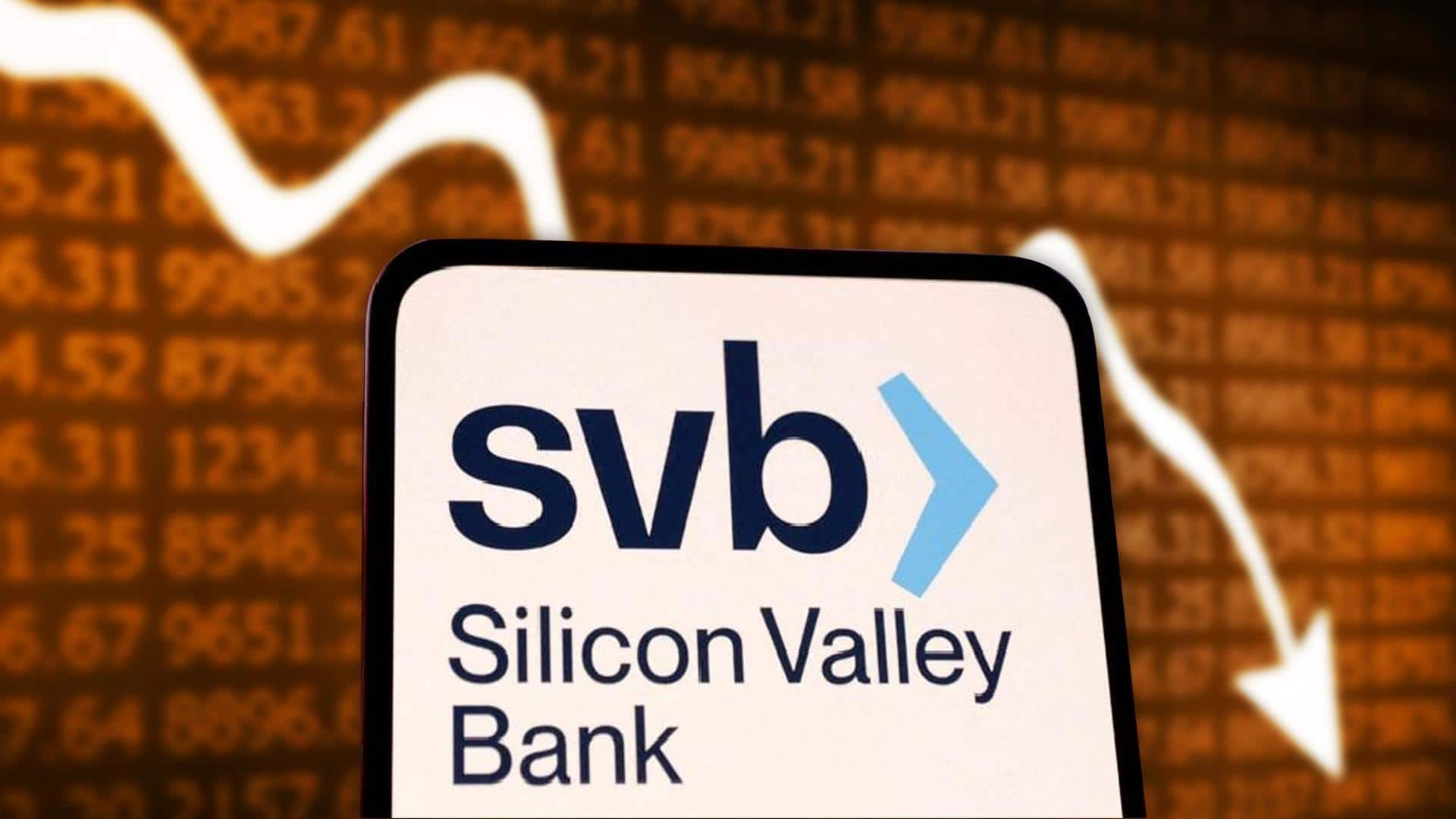
Silicon Valley Bank collapses leaving start-up ecosystem in chaos
What's the story
The start-up ecosystem has to brace for some tough times ahead. Santa Clara, California-based Silicon Valley Bank (SVB) has collapsed after failing to raise capital, and its assets have been seized by the United States Federal Deposit Insurance Corporation (FDIC). To note, the tech lender's shares fell by 60% on Thursday. Its downfall marks the second-biggest failure of a financial institution in US history.
Working
What is FDIC, and what will it do?
The FDIC is an independent agency of the US government which oversees financial institutions and insures bank deposits. It will now liquidate SVB's assets and pay back the sum raised to its depositors as well as creditors. The agency claims all insured depositors will be able to access their deposits by Monday morning. Meanwhile, uninsured depositors would receive an "advance dividend" by next week.
Timeline
How did SVB's problems begin?
Earlier this week, SVB announced that it sold securities worth $1.75 billion at a loss and that an additional $2.25 billion worth of stocks would be offloaded. This spooked venture capital firms, including Peter Thiel's Founders Fund, which urged their portfolio companies not to keep money at the bank. SVB's downfall is a shocker, considering it was valued at over $40 billion last year.
Government
US Federal Reserve's interest rate hikes also to blame
Over the last year, the US Federal Reserve has aggressively hiked interest rates. Banks stockpiled low-risk long-dated treasuries when interest rates were close to zero. However, once rates were raised, the asset value fell, and banks had to incur losses. The value of tech stocks was hit especially hard and made it difficult to raise funds. In the end, SVB failed to pay depositors.
History
Brief history of Silicon Valley Bank
SVB was founded in 1983 and was one of the top 20 commercial banks in the US. With about $209 billion in total assets by the end of last year, SVB was the biggest lender to collapse in the country since Washington Mutual back in 2008. The California-based bank does business with nearly half of the VC-backed start-ups in the US.
Impact
How have start-ups been impacted?
Start-ups associated with SVB are worried about how they will get their money out and cover operating expenses. The CEO of HR platform Rippling, Parker Conrad, claimed that payrolls of some customers were delayed due to SVB's "solvency challenges." Meanwhile, FarmboxRx founder Ashley Tyrner is worried about recovering her entire money. SVB's fall is also forcing cryptocurrency-focused lenders to rethink their strategies.
Information
What about impact on Indian firms?
SVB's collapse has also rattled investors back in India, and many of them have already withdrawn deposits. Here, the early-stage software as a service (SaaS) start-ups are now turning to lenders like Mercury and Brex for money.